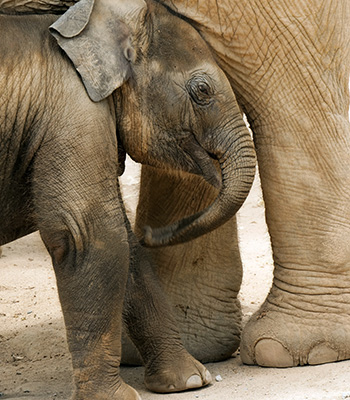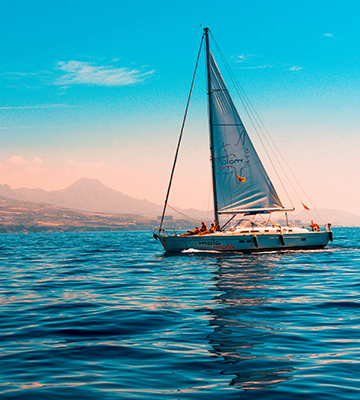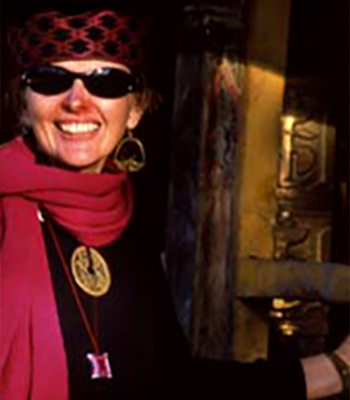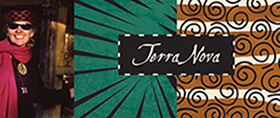
A BROAD ABROAD: SAFARI CENTRAL IN BOTSWANA
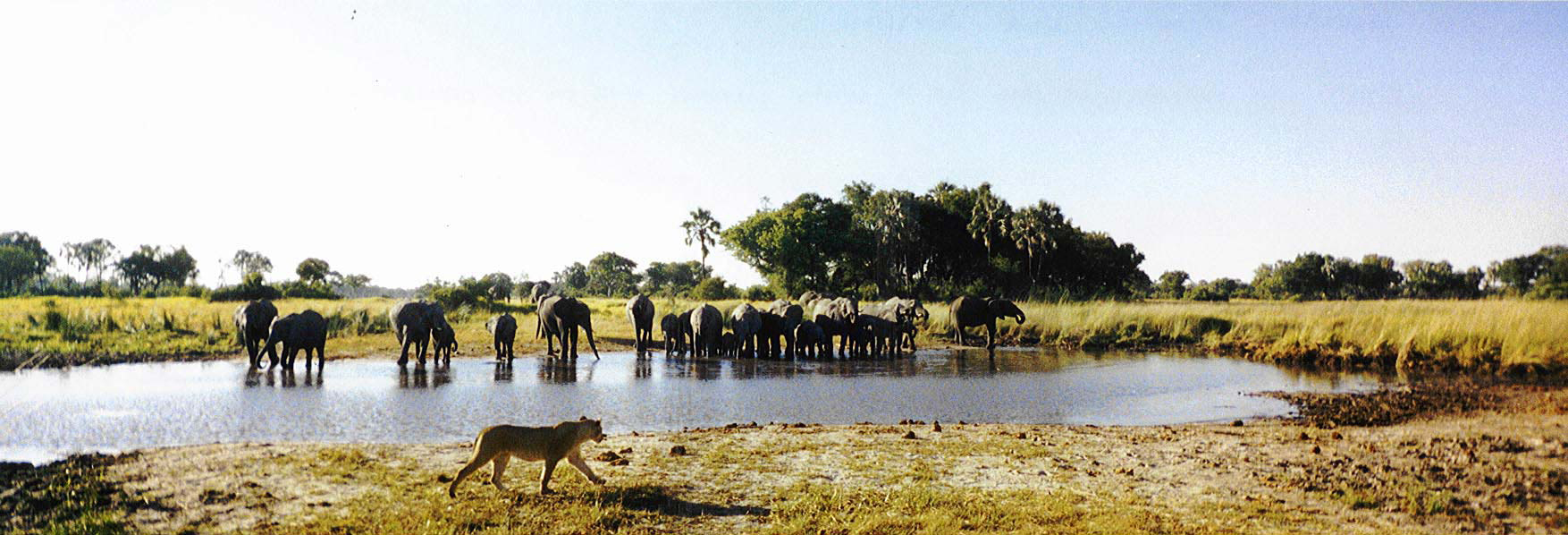
A Day in the Life on Safari at the Okavango Delta
At Botswana’s "safari central", Maun, our bush pilot, Alan, summarily greeted those bound for Chitabe as he quickly eyeballed the passengers and their bags. After his expert assessment of his load, Alan asked my traveling companion to divide his baggage between two duffle bags so that the luggage could squeeze into the bush plane’s cargo hold. Within 15 minutes we were ushered onto the tarmac and began our 15-minute thermally dynamic ride to our bush camp.
After landing on the dirt air strip, Robin, my game driver, collected us and our paraphernalia in his state-of-the-art Land Rover. My airport transfer to our camp commenced the “bush indoctrination”. En route to camp, Robin introduced us to my first, albeit, unofficial game drive. He literally broke for impala or detoured for elephant who happened to intersect our path. I became accustomed to the smells, sounds and sights of the Okavango Delta. We also began to “bond” with Robin, who expertly studies the mannerisms and behavior of his passengers with all the skill of an accomplished zoologist.
Feature image: Gul Isik
A Welcome to Safari Camp
At the camp, Leslie, the manager (our British mistress of the manor) greets every arriving guest. The moment we alight from our Land Rover a cold tropical concoction and cool cloth awaits us as we are ushered up the raised African teak cat walk to the lounge for our "Orientation" meeting. Leslie gave us a brief layout of the 16 bed tented camp, its public areas and the daily routine. Long faces and weary travelers are her cue to excuse us and allow the Botswanan staff to escort us to our permanent tented room.
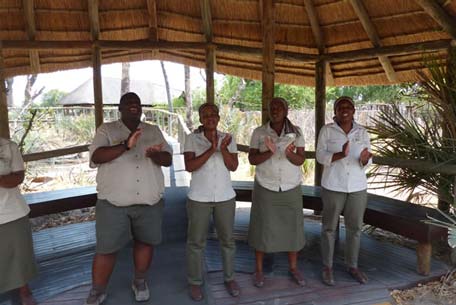
At Chitabe, a tented room has special significance. Rather than being a canvas tent erected on a concrete slab, our tent is resting on a raised teak platform reminiscent of Swiss family Robinson tree house abode. I must admit that such a setting is comforting at night. Although we had a sense of added security in our raised quarters, removed from marauding bands of baboons, stalking leopards and the odd slithering black mambo, the omnipresent jungle sounds and smells still penetrate into you, allowing you to be absorbed into the Okavango landscape.
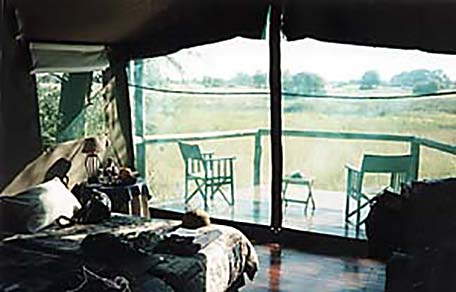
The regulation green canvas tent is anything but primitive. Although it stands up well to the comparison with a room at a Hilton, our tent has the added charm African motif bed spreads, “zip lock” mesh screen windows and doors and our own private lanai overlooking the dry grass savannah which with the arrival of the Delta’s annual winter deluge will soon be transformed into a waterway. The test of any room is its bathroom facilities. Mine far exceeded my expectations - a proper flush toilet, sink with running water and a solar panel shower that actually does produce a hot shower at the appropriate time of day. My amenity basket is filled with soaps, shampoos, mosquito repellant, q-tips, and laundry soap for the “smalls” (underwear and socks). A laundry list pad atop a hamper invites guests to take full advantage of this free service. As long as your clothes can withstand the hand washing at the river’s edge, you can survive for weeks on end with only the bare essentials, 2 shirts, 1 pair of shorts, long pants, safari vest, a sweater and a jacket.
Summoned to the Bar for Afternoon Tea
The sound of the beating drum soon interrupts my luxuriating in our unexpectedly posh surroundings. We are summoned to the bar for our first meal, afternoon tea. Fashioned on the British model, “high tea”, we wash down our chocolate cake, and crumpets with a cup of hot strong Roovos (South African tea). Feeling fortified and refreshed, we are ready for our first encounter with the wild on our afternoon game drive. Robin introduces “Rover mates” to one another and takes drink orders for the sundowners, our evening alcoholic or non-alcoholic drink of preference, not the name for a bush cocktail. The sundowner is part of the afternoon/evening game drive tradition.
Watching the Sun Disappear…
At sunset the Land Rover pulls off by a pan or island to watch the sun disappear behind the flat Botswana horizon while sipping an aperitif. Due to park restrictions, many safaris are unable to offer the magic of an evening game drive. Our obsession with the “big five”, elephant, lion, rhino, often blinds us to the small wonders of a honey badger stuck like Pooh bear in the hollow of a tree gorging himself on wild honey or the immense open sky with the constellations clearly visible when removed from the glaring city lights. At around 7:30 p.m. we return to the warm camp “fires” for our evening meal. Although this is a “sit down” affair, dressing for dinner simply means changing your shoes, and perhaps tidying up a bit before being summoned by the drum.
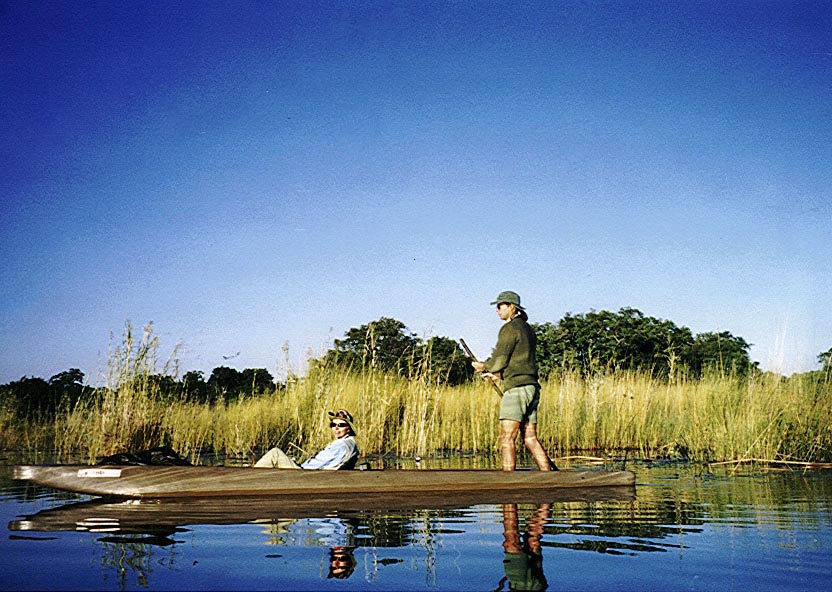
Safari Camp Cuisine
A prelude to every dinner is the recitation of the menu by a Botswana staff member. Such a public display is embarrassing for most of these gentle people. We find their imperfect command of English charming. I certainly do not have a clue how to say “baked potatoes in foil” in the Setswana language. After all, “foiled baked potatoes” has such a Shakespearean ring. While the food is not gourmet, it is certainly of a high quality. Botswana’s neighbor to the south, South Africa, provides the larder for the bush camps from avocados, fresh fruit to wine.
Meeting Owners Helene and Dave…
The outstanding feature of the dining experience is the table conversation amongst the guests and resident staff. At Chitabe, I had the pleasure of meeting Helene and Dave, owners of the camp. Both are professional photographers who have collaborated on “Running Wild”, a book devoted to the indigenous local dog population. Naturally wildlife is the common bond which unites a diverse group of people from BBC producers, to wine merchants to attorneys on their honeymoon…. Our leisurely dinner is complete with our retiring to the open camp fire for an Amarula night cap and more fascinating discussions. By about 11:00 p.m. we have all turned in for the night in anticipation of our 6:00 a.m. wake up “drum”.
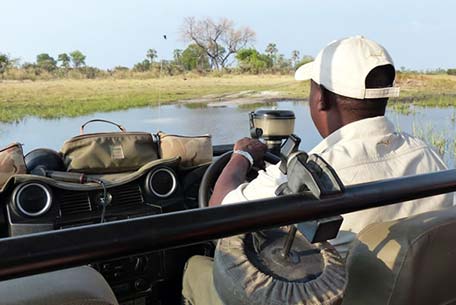
Drum Beats for a Morning Game Drive
The drum beat announces the dawn and the morning game drive. With a quick breakfast of rusks washed down with roovos tea, we are fortified for our game tracking. Robin and the other drivers have already compared notes. A pride of about fifteen that we had sighted yesterday are in our area again. They are on the move and have a “lean and hungry look”. The failure of the pride’s ravine ambush of a group of impala drew them to a nearby pan where we watched them drink and “rally the troops”. Our cluster of Land Rovers blended into the tall grass surrounding the pan as we observed the pride stalked on either side of the pan.
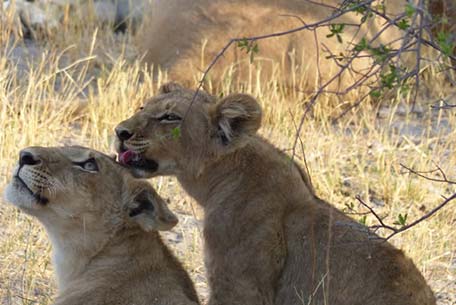
With food on their mind, the females brushed by our Rover, totally oblivious to our presence. As the pride maneuvered their attack position, Chitabe’s resident female elephant and her calf gingerly approached the pan for a morning drink. As quickly as they appeared, they faded into the landscape. Next in the drinking line was an elephant herd composed of adults, adolescents and babies clustered in the center of the herd. The herd also sensed danger and drank without lingering before retreating to the bush. Next in line, the Cape buffalo, never made it to the pan. In a split second the pride had attacked from the bush. The cries of a Cape buffalo prompted Robin to rev up the motor and take off through the pan. Underestimating the depth of the water hole, Robin put the pedal to the metal, praying that we would not stall as the water sloshed over the front seat doors.
Taking over the Bush
Rivaling any Disney attraction ride, we took off literally over the bush. As we arrived at the clearing the pride had succeeded in overpowering the buffalo. The pride pecking order became evident as the elder matriarchs assumed the prominent center position with the younger lions confided to the animals legs and tail area. Our two male lions were no where to be seen. “You snooze, you lose!” — even in the animal kingdom. Although I am an avid nature program viewer, I was completely overwhelmed and unprepared emotionally for not only the sight of death, but the smells and sounds of the kill. The life-death cycle is so clear.
Once the pride have eaten their fill, the other animals, hyena and vultures, move in to devour and return the remains of the bloodied carcass to the sands of the Okavango Delta. With our fill of photos, we return to our own breakfast awaiting us at Chitabe. The kippers and bacon suddenly have a new significance for me. After breakfast I reluctantly pack my duffle bag for my next camp, Jedibe Island. At Chitabe’s dirt airstrip a few quick souvenir pictures of Robin and our rover mates are interspersed with exchanges of home addresses and promises to visit. Thus ends my first 24 hour day on safari. We our off in our Sefofane bush plane to the next camp where new adventures await us...
A Practical Packing List
On a Practical Note: With any trip one should always have a packing list. Ideally a packing list will reveal all the hidden agendas ignored and not addressed in the slick brochures with their glossy prose. Remember you are NOT Dr. Livingstone battling for survival in the wilds!
BAGGAGE LIMITATIONS, INCLUDING CAMERA EQUIPMENT:
- 12 Kilos (26 lb) bag, of maximum 80 cm in length, not to exceed a diameter of 35cm, TOTAL
- First Aid Kit (including Imodium, Malaria Pills, snake bite kit, insect repellant, and sun screen)
- Toiletries:soap, shampoo etc.
- Flashlight with extra batteries
- Notebook
- Camera
- Walking shoes
- Sandals
- 2 pairs of pants (A pair of cargo pants that can become shorts are excellent)
- 2 pairs socks
- Nightwear
- Walking Shoes/Sandals
- Jacket
- Bathing suit
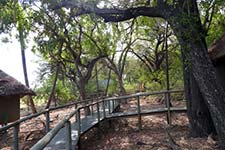
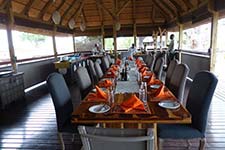
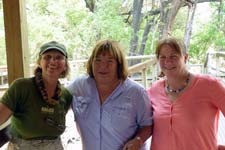
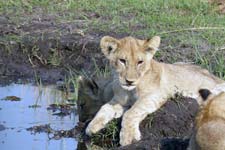
Click to See Additional Southern African Safari
Galleries:
Tubu Tree Camp, Botswana
|
Savuti Camp, Botswana
|
Jack’s Camp, Botswana
|
Ruckomechi Camp, Zimbabwe
